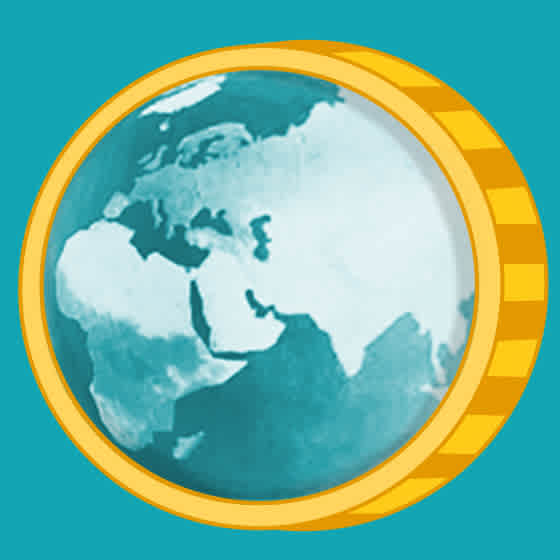Podcasts
11 min listen
31 min listen
18 min listen
44 min listen
Explore more events from the FT
Upcoming events
Discover unmissable flagship events with FT journalists to expand your thinking and elevate your career
Explore all eventsJoin the discussion
FT Forums is a series of members only communities, powered by the Financial Times












































